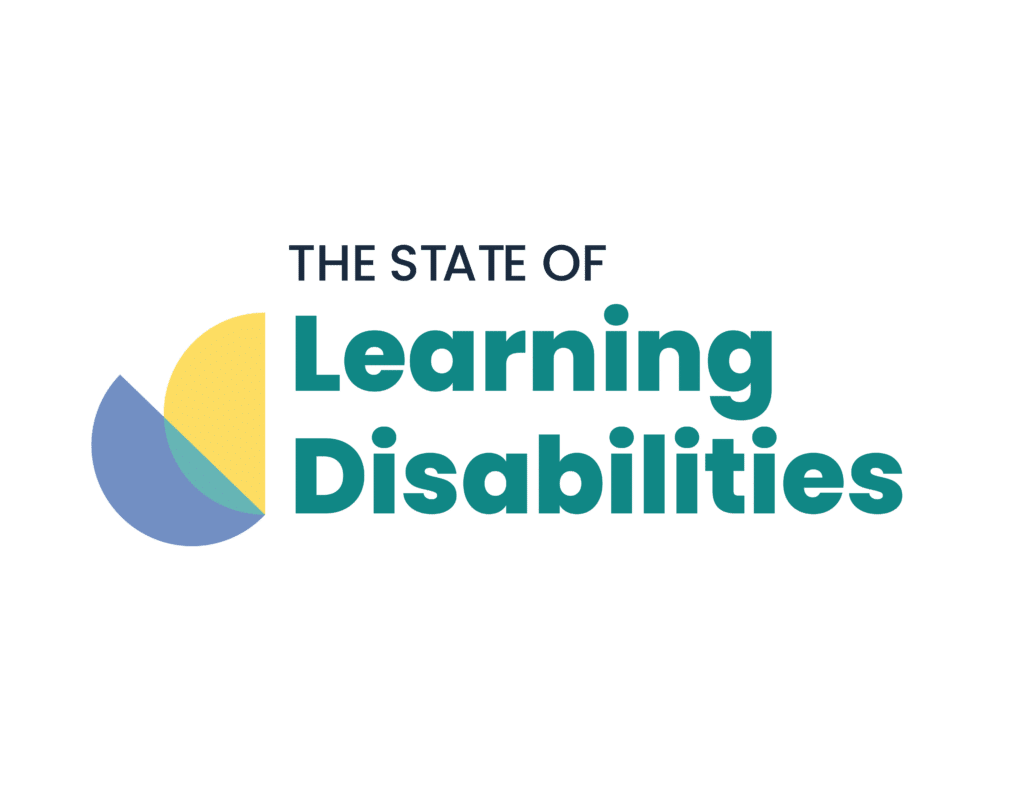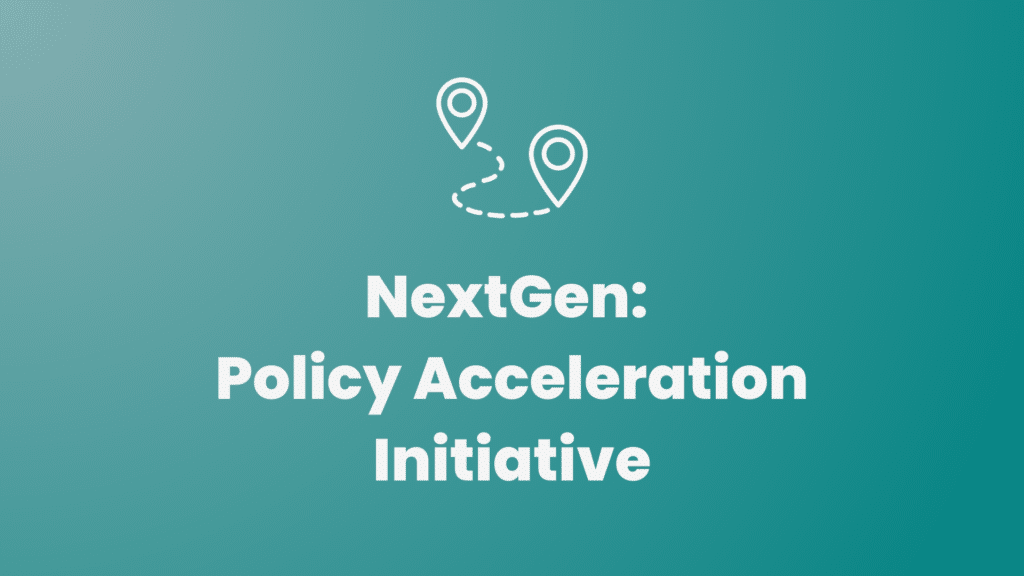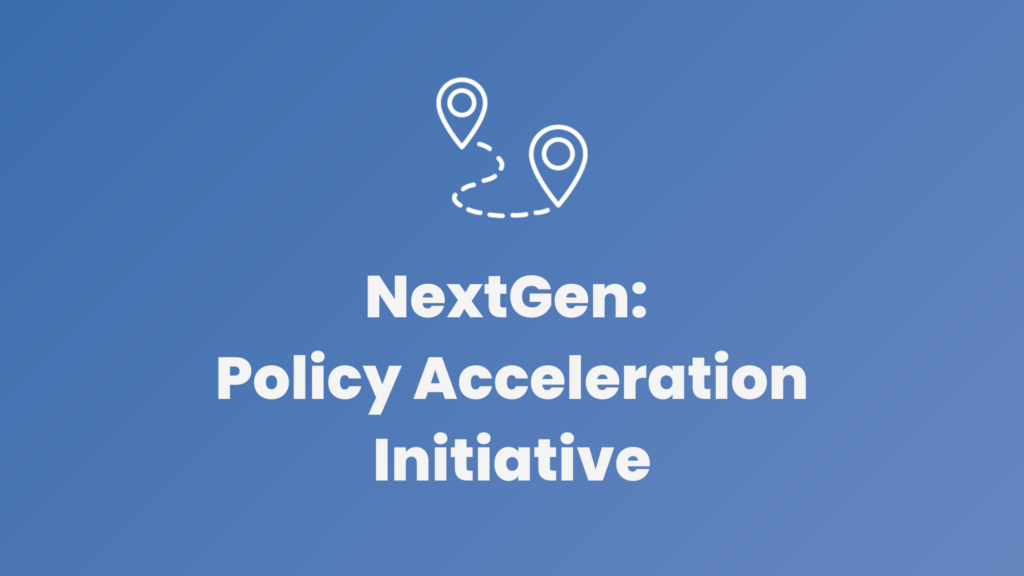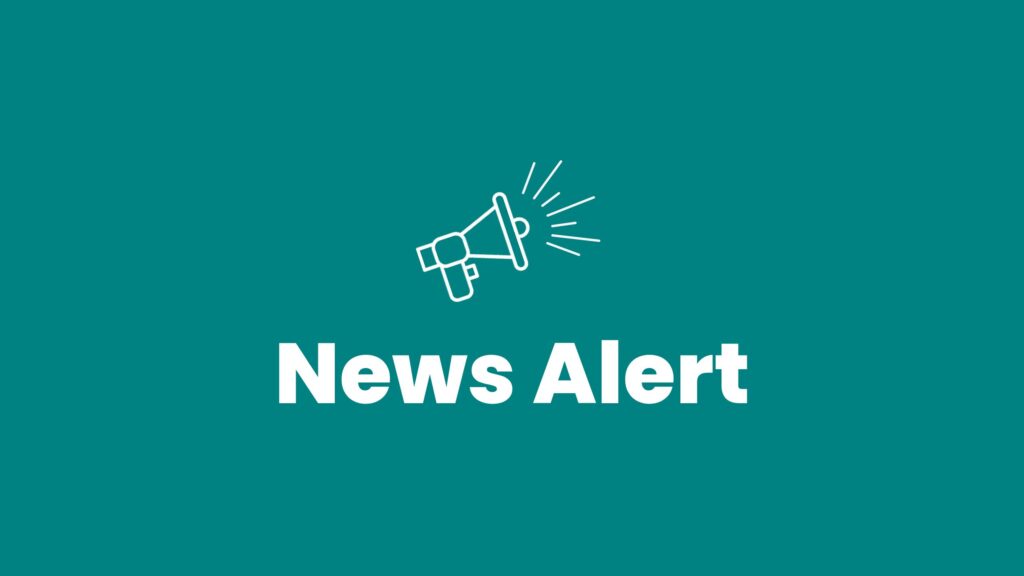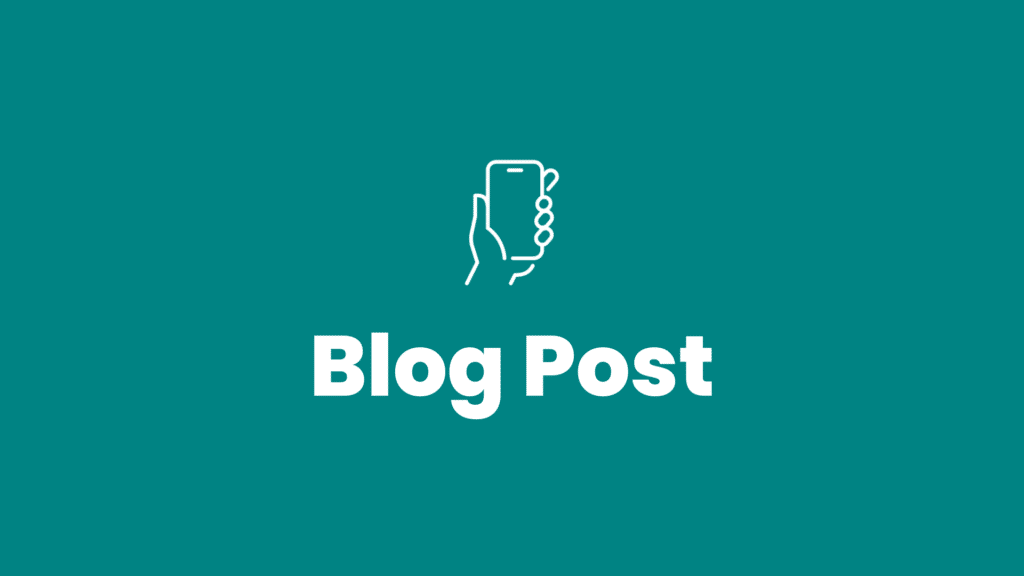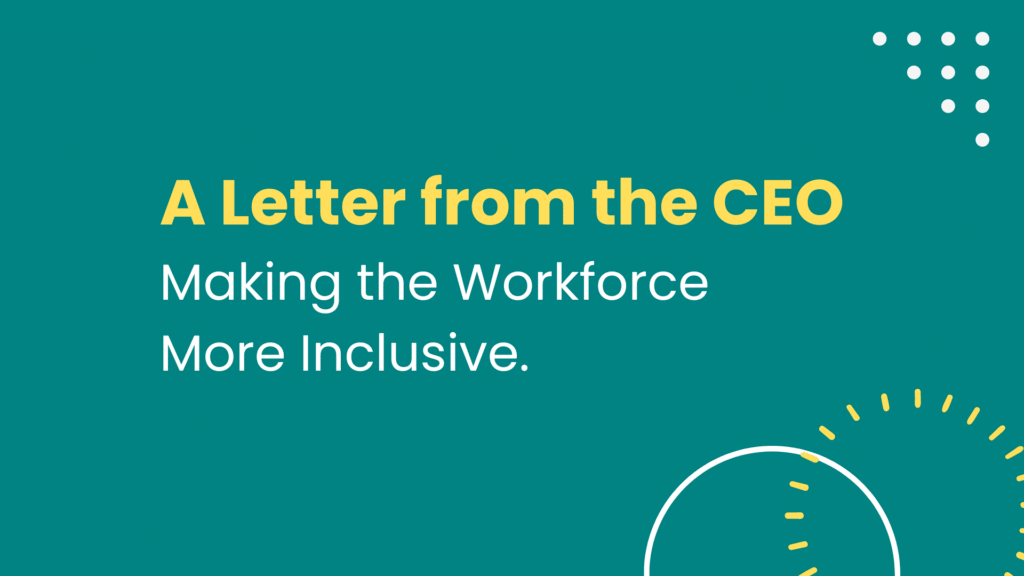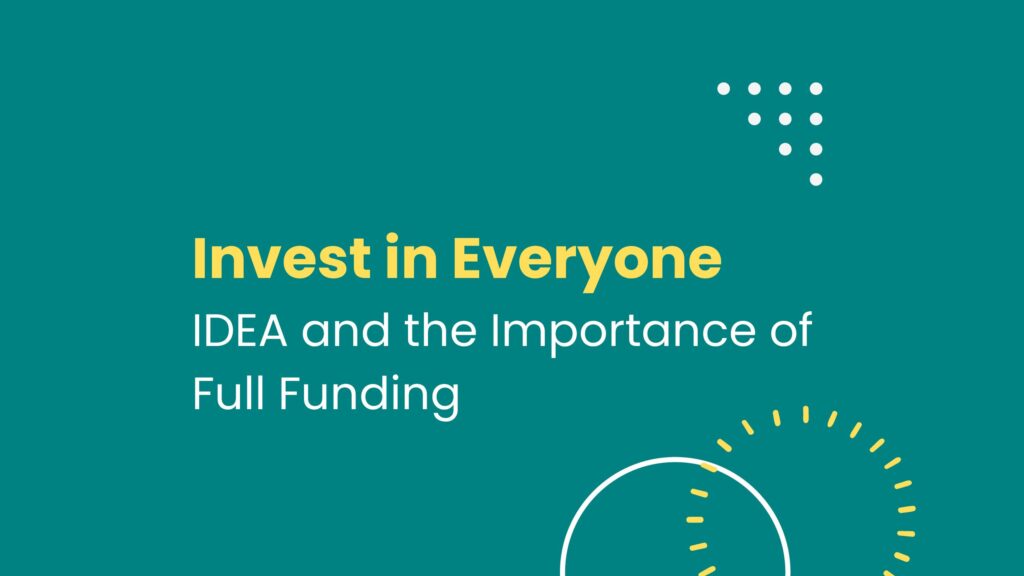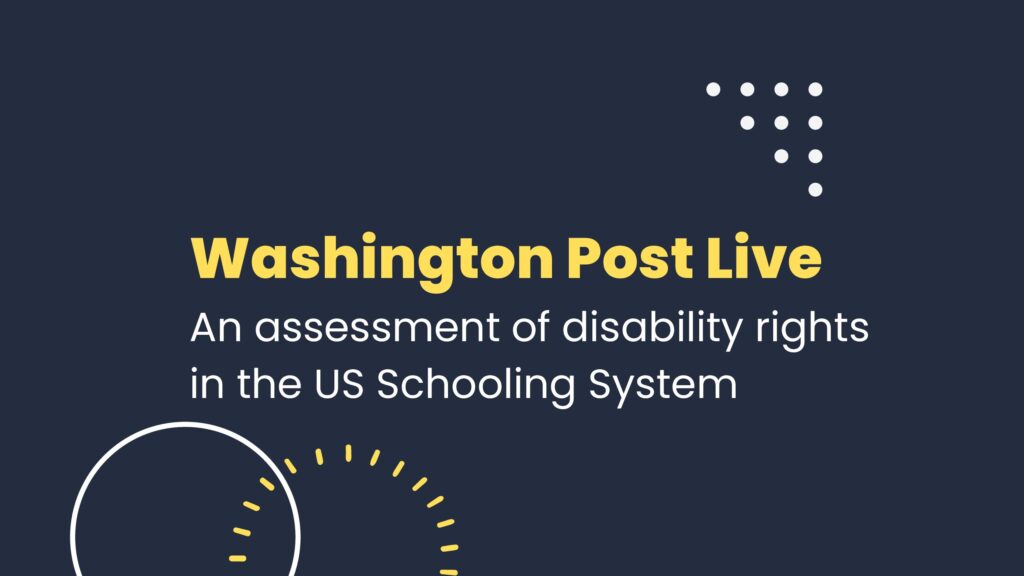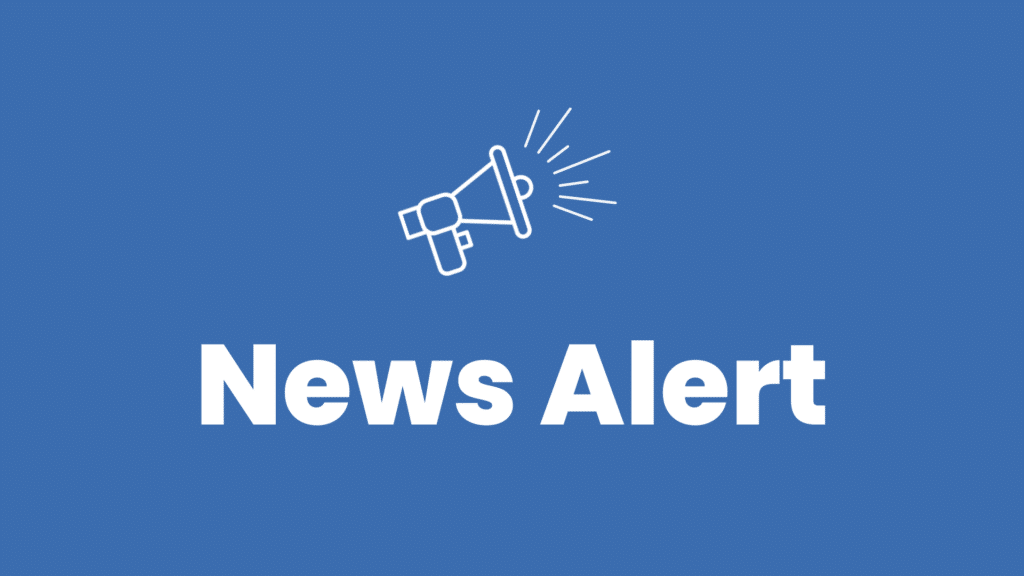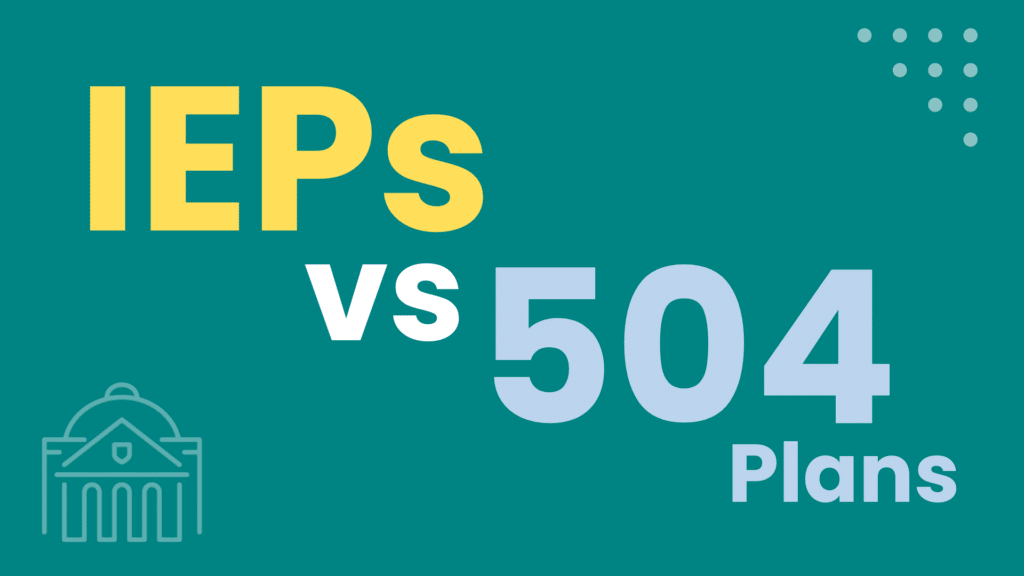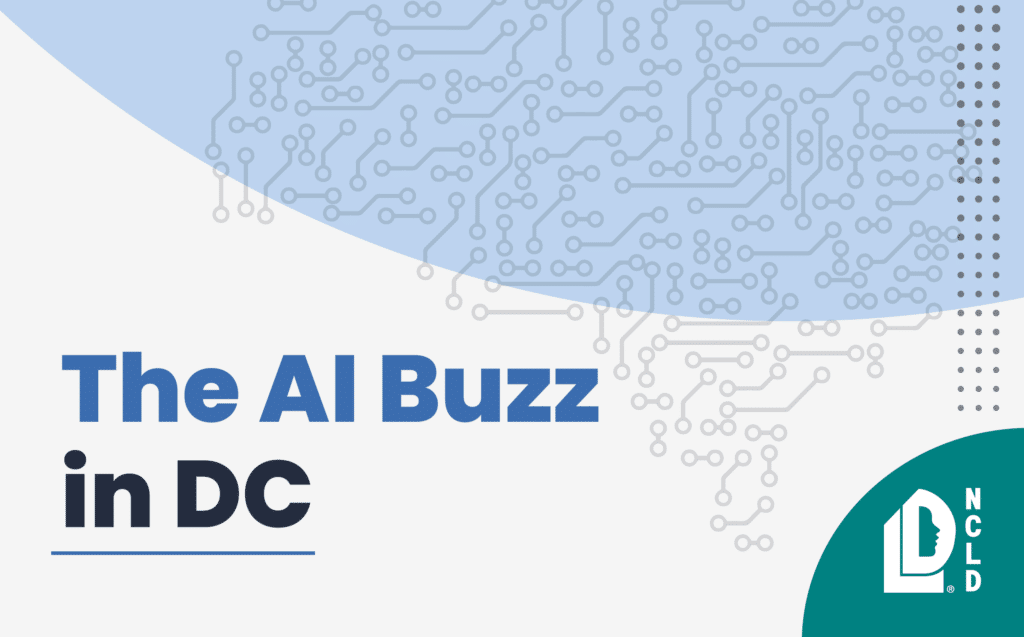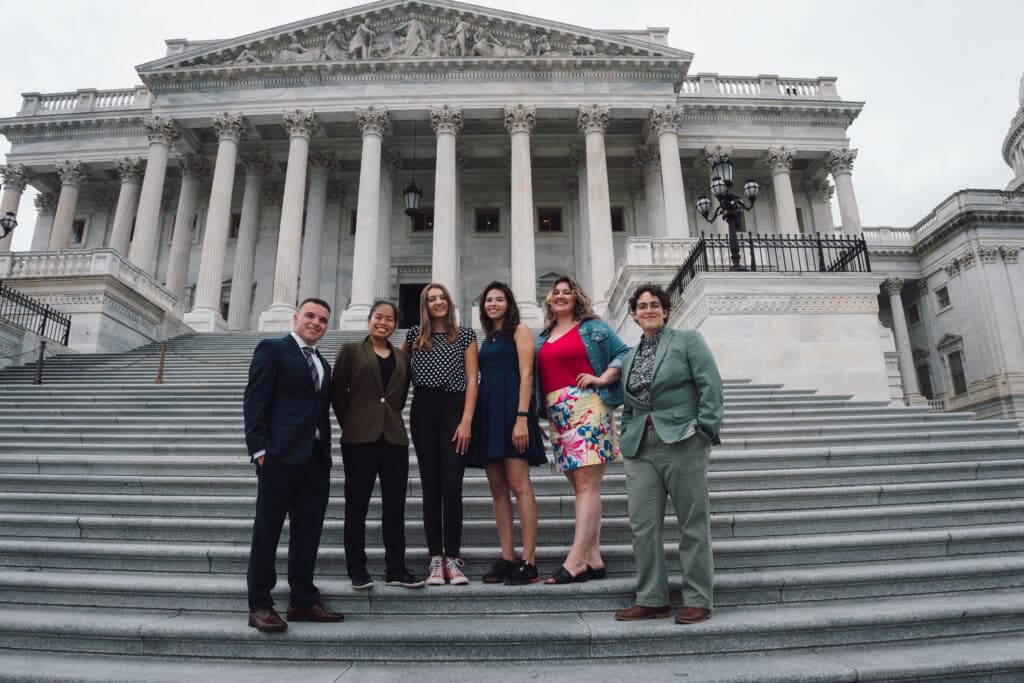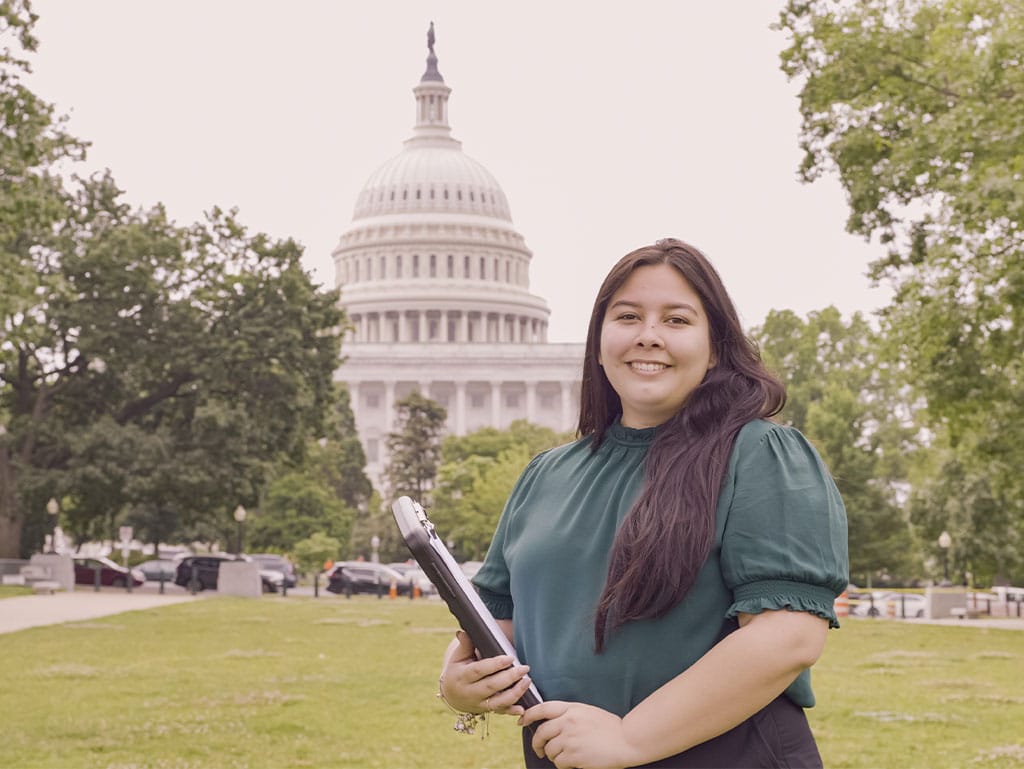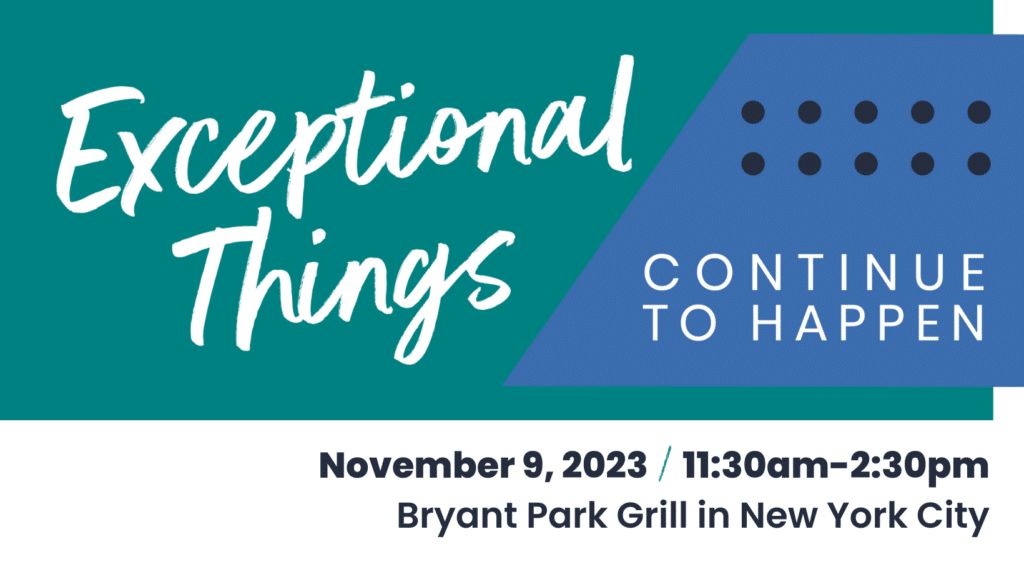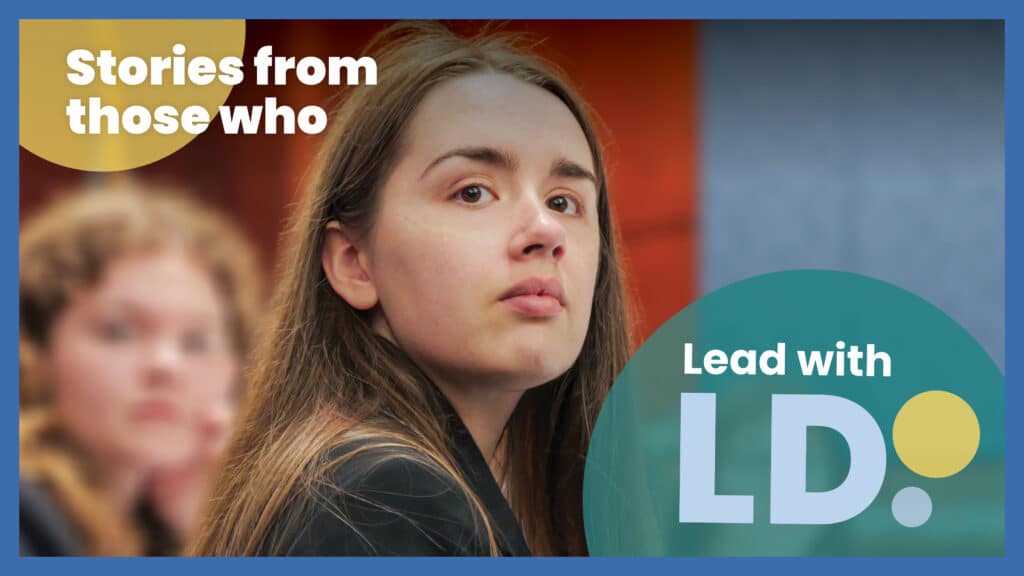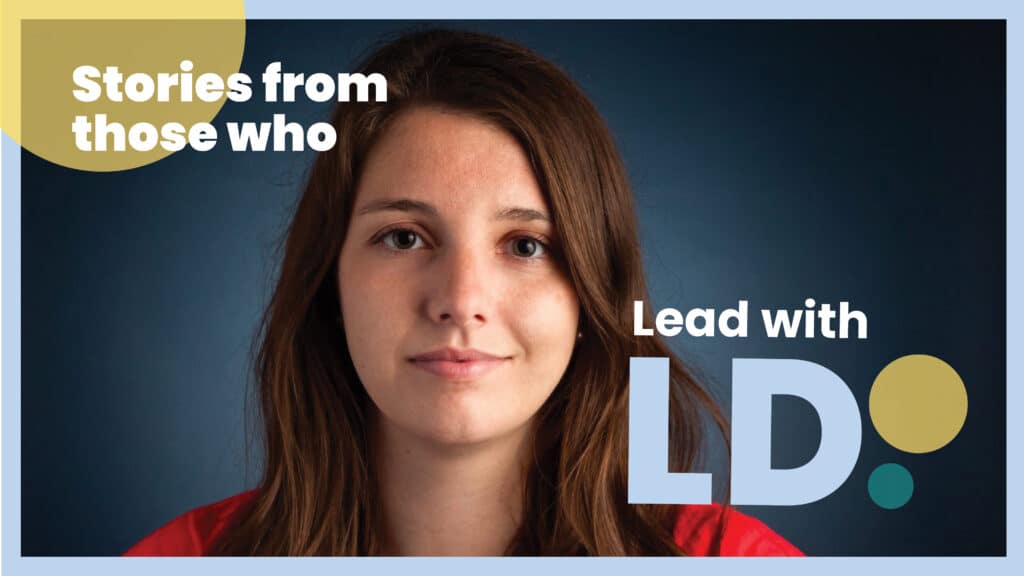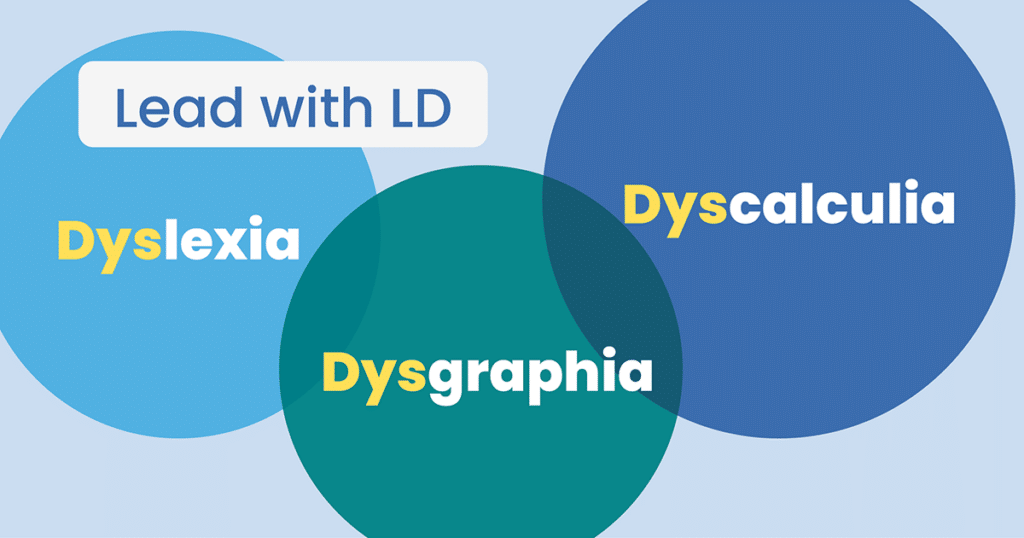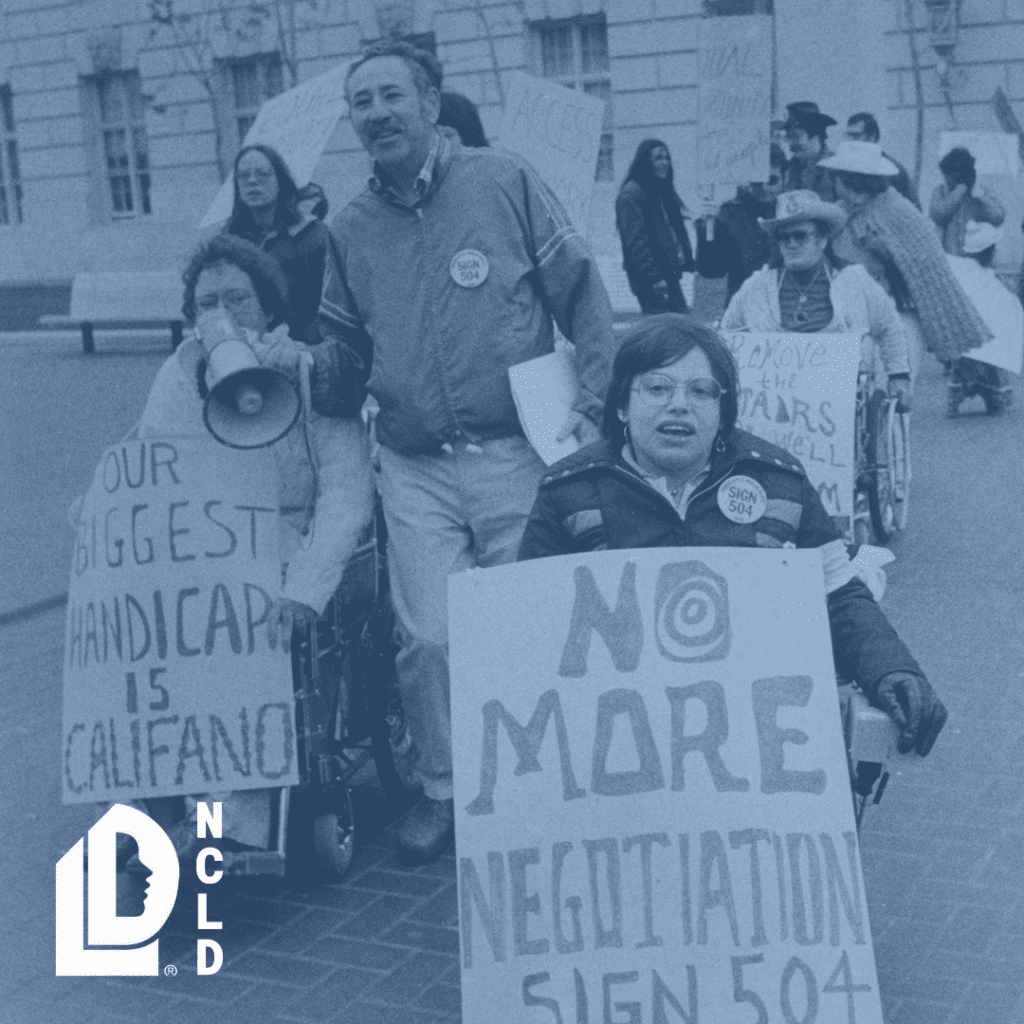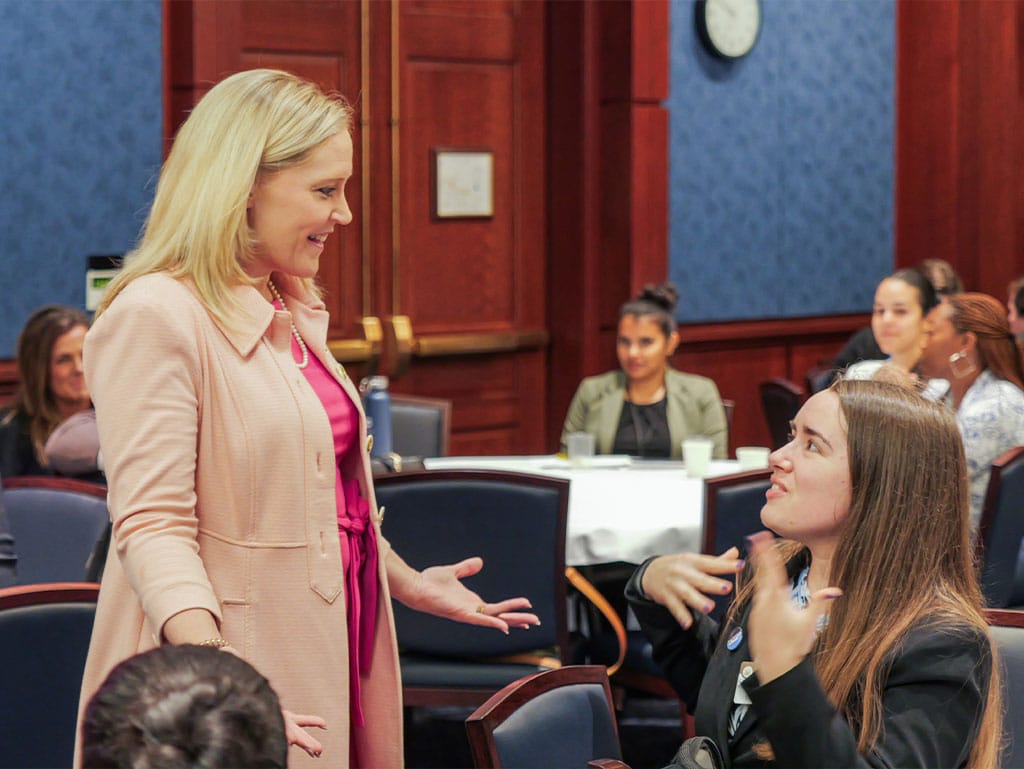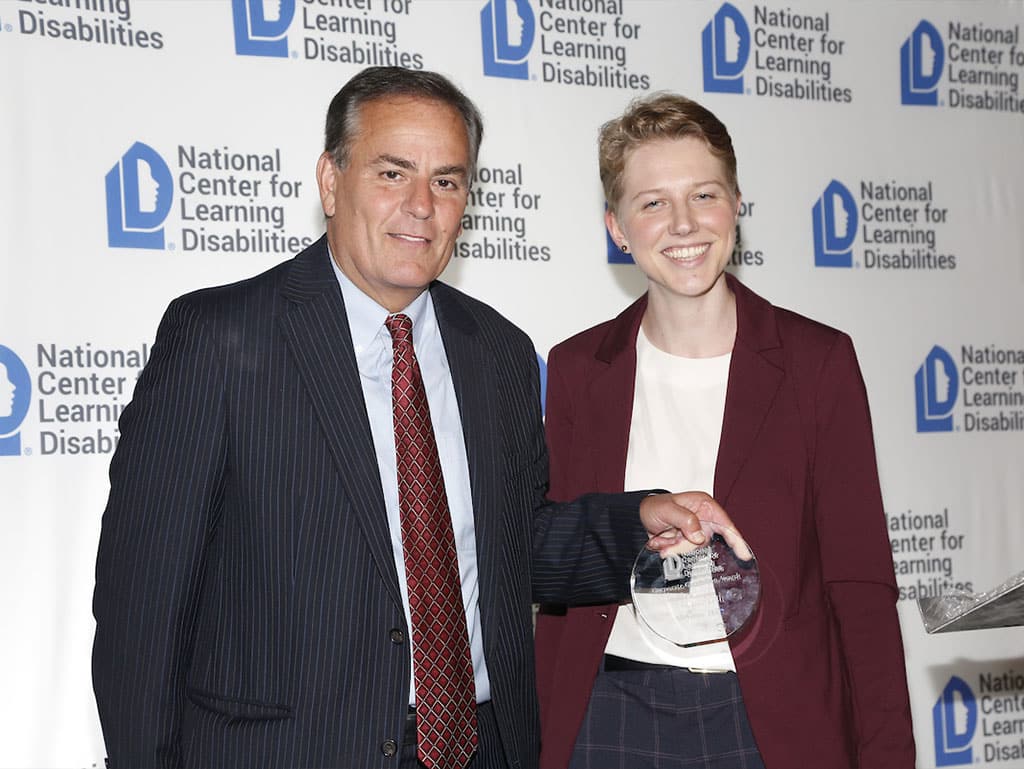News & Views
News & Views
Succeeding in High School & Beyond: Insights and Action for Supporting Students with Learning Disabilities
A New Report Offers Roadmap for Students with Learning Disabilities to Succeed in High School and Beyond Powered by the National Center for Learning Disabilities, The GRAD Partnership, and WestEd The report's data shows that nearly 90% of students with learning disabilities have trouble focusing, and most turn in work...
Read MoreJune 2025 Policy News Round-Up
Congress passed a mega tax bill, the RISE Act was reintroduced in the House, young...
Senate Fails to Strike Voucher Program from OBBB
Tues., July 1, 2025 — Congress continues to debate and vote on the One Big...
Improving Graduation Rates with The GRAD Partnership
Saashya Rodrigo, Principal Researcher Being a student with a disability comes with numerous hurdles rooted...
The Critical Role of Mental Health Services for Individuals with LD
People with disabilities experience mental distress almost five times more often than those without disabilities*....
May 2025 Policy News Round-Up
Movement in legislation and the courts: universal school choice, blocked firings, and budget cuts for...
Honoring the Legacy of Lynn S. Fuchs
The field lost a pioneer with the passing of Dr. Lynn S. Fuchs on May...
Disability Organizations Condemn Inclusion of Voucher Bill in House Markup
Washington, DC, Tuesday, May 13, 2025—Today, the House Ways & Means Committee will mark up...
April 2025 Policy News Round-Up
From new Executive Orders to court rulings and pending SCOTUS rulings, learn what’s at stake...
The Power of Supportive Relationships for Students with LD
“Supportive relationships” refer to relationships students have with peers, teachers, and the broader school community...
NCLD Responds to Executive Orders on School Discipline Reform & Restoring Equality of Opportunity and Meritocracy
Washington, D.C.—April 24, 2025— The National Center for Learning Disabilities (NCLD) condemns the latest executive...
NCLD Joins AACTE in Amicus Brief Defending Educator Grant Programs as SCOTUS Ruling Delivers Setback to Students and Teachers
WASHINGTON, D.C. — April 9, 2025 — Last week, the National Center for Learning Disabilities...
March Policy News Round-Up
From major changes at the Department of Education to a Texas RISE Act, a lot...
NCLD Files Amicus Brief to Defend Educator Grant Programs
WASHINGTON, D.C. — March 31, 2025 — The National Center for Learning Disabilities (NCLD) filed...
NCLD Stands Against Executive Order Seeking to Illegally Dismantle the U.S. Department of Education
Washington, D..C.—March 20, 2025—Today, President Trump signed an Executive Order to dismantle the Department of...
Special Edition: Policy Round- Up March 2025
It’s mid-March and so much has already happened in DC. Gutting the Department of Education...
Jeopardizing Protections for Students with Disabilities
Just over a week after Linda McMahon’s confirmation as Secretary of Education, the Trump-Vance Administration...
February Policy News Round-Up
Congress held a confirmation hearing for the Secretary of Education nominee, canceled federal research grants,...
Joining Forces to Improve Accessibility in Higher Education
At the National Center for Learning Disabilities (NCLD), we are committed to ensuring students with...
Self-Advocacy Education
By Eliza Young Students with learning disabilities in high school and college are not given...
Prorating Financial Aid to Support Reduced Course Load for Those with Disabilities
By Kayla Helm Be it academic studies or professional development, the nature of a disability...
Statement on the Confirmation Hearing of Linda McMahon
Dr. Jacqueline Rodriguez, CEO, National Center for Learning Disabilities WASHINGTON, DC —February 14, 2025—The National...
Transformation to Competitive Integrated Employment
By: Michelle Tamas The Transformation to Competitive Integrated Employment Act (TCIEA) aims to end subminimum...
A Comprehensive Transition Support Program for Individuals with Learning Disabilities
By: Athena Swiader The transition from high school to postsecondary education or employment presents significant...
Revolutionizing Learning Disability Identification Through Process Data Analysis
By: Sofia Westmoreland Early identification of learning disabilities is crucial for providing timely interventions and...
Advancing Universal Design in Standardized Admissions Tests
By: Hilary Hennessey The Every Student Succeeds Act (ESSA) and the Individuals with Disabilities Education...
Gutting Special Education Research Dismantles Progress & Threatens Education for All
On February 10, the Institute of Education Sciences (IES), the independent research arm of the...
The State of American Education: What’s at Stake for our Future?
The National Center for Learning Disabilities (NCLD) staunchly opposes the growing number of executive and...
Rooted in Mission, United for the Future
An Address from NCLD CEO Dr. Jacqueline Rodriguez We find ourselves at a pivotal moment...
January Policy News Round-Up
Learn what NCLD is up to this month as Congress and the Presidential Administration both...
Celebrating the 2024 NCLD Everyday Champions
WASHINGTON, D.C. – Tuesday, December 17, 2024 – The National Center for Learning Disabilities (NCLD)...
November Policy News Round-Up
The 2024 election signaled major changes in the White House and on Capitol Hill. Learn...
NCLD’s Commitment to Disability Rights and Equitable Policies
As our nation moves forward, the National Center for Learning Disabilities (NCLD) reaffirms its commitment...
October Policy News Round-Up
In October, we celebrated Learning Disabilities Awareness Month with a Congressional Resolution and held the...
NCLD Unveils New Mission, Vision, and Strategic Direction During Inaugural LD Summit
Bringing together educators, policymakers, researchers, and advocates for a day of meaningful discussion on the...
September Policy News Round-Up
The government avoided a shutdown, a new report was released on challenges faced by families...
National Center for Learning Disabilities Makes Waves with Q3 Announcements
Washington, D.C. — September 10, 2024 — The National Center for Learning Disabilities (NCLD) is...
August Policy News Round-Up
As the end of summer nears, a new study on special education funding is announced,...
NCLD Opens Applications for the 2024 Everyday Champion Awards
For Immediate Release NCLD Opens Applications for the 2024 Everyday Champion Awards Recognizing educators,...
Embracing Accessibility: A Crucial Step in Learner-Centered Design
The Center for Higher Education Policy and Practice (CHEPP) has launched an insightful new resource,...
July Policy News Round-Up
AI in education continues to be a driving topic of conversation in Washington, D.C., a...
Embracing Inclusive Employment to Celebrate ADA’s 34th Anniversary
By Nicole Fuller This year marks 34 years since the passage of the Americans with...
NCLD Proposes Policy Solutions to Address Potential Misuse of AI
People with disabilities have long benefited from technological advances. For decades, assistive technology, ranging from...
A Letter from the CEO: Making the Workforce More Inclusive
For nearly 50 years, the National Center for Learning Disabilities has advocated for children and...
June Policy News Round-Up
LD Day of Action was a huge success; NCLD published a memo on AI policy...
Invest in Everyone: IDEA and the Importance of Full Funding
The National Center for Learning Disabilities (NCLD) is excited to cosponsor an upcoming virtual briefing...
Join Us for an Important Conversation on Disability Rights & Education
The shortage of teachers, the lasting impact of the coronavirus pandemic, and the continued strain...
May Policy News Round-Up
A federal study finds more college students report having a disability but graduation rates lag,...
April Policy News Round-Up
New accessibility regulations are released, literacy conversations continue in the Senate, and student mental health...
Mental Health Awareness Month: Understanding the Landscape for those with Learning Disabilities
As we recognize Mental Health Awareness Month this May, it is important to shed light...
Start Your Federal Student Aid Journey with Better FAFSA
Embarking on your journey to secure federal student aid can feel overwhelming. But fear not!...
March Policy News Round-Up
Congress finally passed a budget for FY 2024, the next appropriations cycle begins, and exciting...
Addressing Critical Teacher Shortages – Insights and Strategies with the Learning Policy Institute
The Learning Policy Institute recently hosted a crucial briefing, "Tackling Critical Teacher Shortages: Insights on...
Family Leadership Council
The National Center for Learning Disabilities (NCLD) recognizes the invaluable role that parents and caregivers...
ICYMI: YALC Visits the White House for First-Ever Interagency Youth Policy Summit
The Biden-Harris Administration brought together nearly 90 young people from across the nation at the...
Amplifying Voices of Families Impacted by LD
The National Center for Learning Disabilities (NCLD) is seeking dedicated parents / caregivers from across...
February Policy Round Up
Congress stares down a government shutdown, new data shows an increase in enrollment of students...
Celebrating Public Schools Week 2024
We are excited to join the Learning First Alliance in celebrating Public Schools Week 2024...
January Policy News Round-Up
2024 is off to a great start! USED released educational and assistive technology resources, new...
Embracing the Transformative Power of Assistive Technology
We are thrilled to share that Jacqueline Rodriguez, CEO of the National Center for Learning...
December Policy News Round-Up
Happy New Year! In December, Congressional Committees introduced two bills to reauthorize two laws impacting...
IEPs vs. 504 Plans
Welcome to our educational exploration! In a previous post, we discussed some of the ins...
The AI Buzz in D.C.
By Nicole Fuller, Policy Manager 10 minute read A snapshot: Biden-Harris Executive Order: The October...
November Policy News Round-Up
Happy Holidays! Important legislation was introduced in Congress, the federal government avoided a shutdown, and...
Open Scholarships for Students with Learning Disabilities—Apply Now!
The National Center for Learning Disabilities is excited to announce the opening of its 2024...
October Declared National Learning Disabilities Awareness Month
As we close out Learning Disabilities Awareness Month, we are proud to share exciting news...
October Policy News Round-Up
We celebrated LD Awareness month, helped introduce a resolution in Congress, and co-led a briefing...
National Center for Learning Disabilities Announces 2023 Annual Benefit Luncheon
NEW YORK, NY — October 24, 2023 — The National Center for Learning Disabilities (NCLD)...
Leading with LD as a Special Education Teacher
Welcome to another blog post in recognition of Learning Disabilities Awareness Month. Erin Crosby, a...
Honoring Yourself and Becoming an Effective Leader
In celebration of Learning Disabilities Awareness month, Kayla Helm-Queen, a Young Adult Leadership Council Alum,...
All about SLDs, IEPs, and IDEA
It's crucial to acknowledge the unique challenges faced by students with Specific Learning Disabilities (SLDs)....
Lead with LD this LD Awareness Month
It’s October, which means that it is LD Awareness Month. We are excited to kick...
Celebrating 50 Years of the Rehabilitation Act: A Path to Inclusive Education
By Lindsay Kubatzky, Director of Policy & Advocacy Today marks the 50th anniversary of the...
A Letter from the CEO: Celebrating Change and Abundance
Dr. Jacqueline Rodriguez Fall is one of my favorite seasons. The crisp, cool air, the...
Let Us Reintroduce Our Website
Welcome back, NCLD community! We are thrilled to unveil the first iteration of our refreshed...
Great Things Continue to Happen
By Dr. Jacqueline Rodriguez Reflecting on my first several months with NCLD, I am moved...
Alondra Gonzalez Joins NCLD Board of Directors
The National Center for Learning Disabilities (NCLD) is delighted to announce the appointment of Alondra...
NCLD Commends Congressional Leaders for Reintroducing The RISE Act
WASHINGTON, DC – March 30, 2023 – The National Center for Learning Disabilities (NCLD), alongside...
NCLD to Recognize McGraw Hill as Corporate Champion at Its 45th Anniversary Benefit
NEW YORK — October 31, 2022 — For 45 years, the National Center for Learning...



